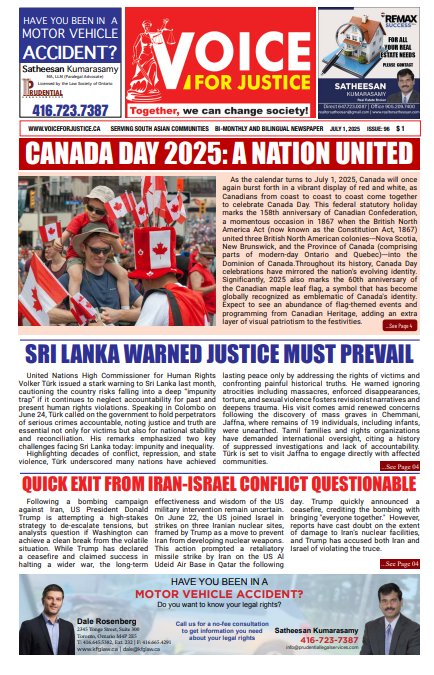Windsor man convicted of manslaughter set free after Supreme Court ruling
07-May-2023A Windsor man, convicted of manslaughter in the shooting death of a London man in 2015, has been set free following a ruling by the Supreme Court of Canada.

A Windsor man, convicted of manslaughter in the shooting death of a London man in 2015, has been set free following a ruling by the Supreme Court of Canada. The court says it's setting aside the conviction because it took too long to try Dia Hanan.
Hanan was found guilty by a jury in Windsor Superior Court in November of 2019 in the death of Alekesji Guzhavin. He was sentenced to 15 years in prison in March of 2020.
On April 17, the Supreme Court handed down a decision to set aside Hanan's conviction on the grounds his Charter right to a trial within a reasonable time was violated. The court also ordered a stay of proceedings in the case.
Except under certain circumstances, people have a right to a trial in Superior Court within 30 months of being charged under a provision called R. v. Jordan. It's based on a case involving a man charged with 14 drug offences who waited over four years for his trial. The Supreme Court ruled at the time that his rights were violated because the case took so long.
Hanan's trial was originally scheduled for November 2018. Because of delays, the two parties agreed that fell within the R. v. Jordan ceiling of February 2019. However, the Crown further delayed the trial until October of 2019, exceeding the ceiling.
On Friday, it was released that Supreme Court Justices Suzanne Côté and Malcolm Rowe ruled Judge Kirk Munroe made a mistake in deciding what's called a "transitional exceptional circumstance" applied to this case.
Transitional cases are ones in which a person is charged before the Jordan rules came into effect in 2016. Hanan was charged in 2015. But the Supreme Court ruled that because the parties consciously scheduled the original trial within the 30-month ceiling they didn't rely on the pre-Jordan state of law.
They also concluded the parties had "ample time to adapt to the Jordan framework."







